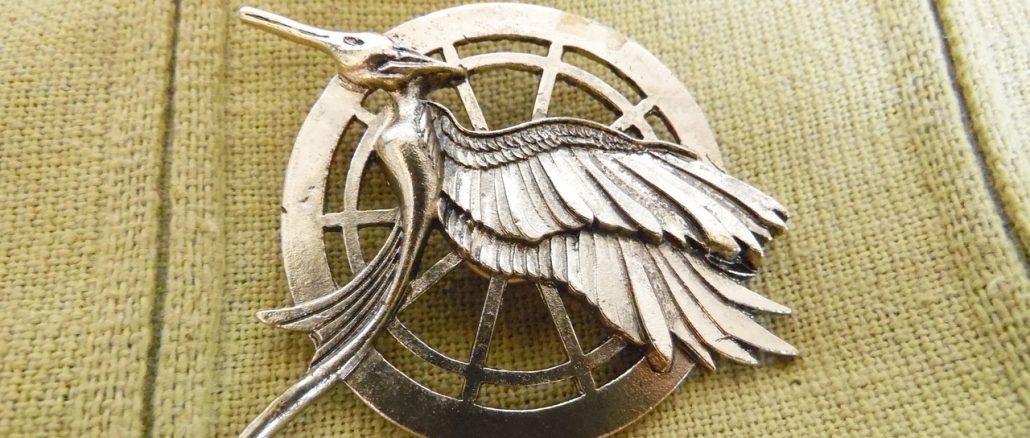
Ten years after the release of the original Hunger Games film, Lionsgate is set to release the Ballad of Songbirds and Snakes (TBOSAS). It is a prequel to The Hunger Games, centring on the life of 18-year-old Coriolanus Snow, decades before he became the tyrannical leader seen in the original trilogy. At a time when we’ve seen the decline of dystopian novels and films, this addition to bookshelves and cinemas is sure to stand out. It’s important to take a look at the genre’s trends during its prime in order to properly analyse TBOSAS.
Throughout the 2010s, the era of dystopian fiction was in full swing. From the Hunger Games to Divergent to The Maze Runner, cinemas and bookshelves worldwide told stories of tyrannical governments and the teenagers determined to overthrow them. The protagonists were tasked with a larger-than-life purpose, which they were forced to confront. They took matters into their own hands and overcame challenges without the help of adults. Perhaps a chunk of the genre’s popularity was owed to the fact it primarily featured female protagonists that diverted from the stereotypical cliches of the 2000s.
It is a common opinion among book lovers and cinemagoers alike that the decline of dystopian storylines resulted from their uniformity. The characters and plots became formulaic and clichéd. Any genre wishing to stay afloat must adapt and change to avoid this kind of homogeneity. Today, the TikTok hashtag #Booktok” features a plethora of young adult romance and fantasy fiction, as opposed to dystopian literature.
It would take a massive overhaul of the genre’s blueprint for it to appeal to young adult audiences. Take the female protagonist, for example. It could be argued that the audience’s exhaustion with the “vapid” teenage protagonist of the 2000s is what allowed for the popularity of the dystopian heroine. However, the behaviour of these heroines could easily be misinterpreted by a modern audience. The dystopian heroine is frequently characterised by her lack of care over her appearance and all things stereotypically feminine. This could be seen as an author’s attempt to make their protagonist “not like other girls”. However, this goes against current trends. For example, when Barbie premiered on the 21st of July, it featured a celebration of the stereotypically feminine and broke box office records.
The Ballad of Songbirds and Snakes novel has broken free of many of its genre’s old cliches. There is no love triangle in sight, nor is there a morally upstanding protagonist. It would take more than one film to herald a genre’s rebirth, but this new addition to Suzanne Collin’s dystopian world isn’t without the hype; the hashtag “#tbosas” currently has 218.2 million views on TikTok. This film will appeal massively to adults who grew up indulging in the genre as teenagers.
Whether The Ballad of Songbirds and Snakes ushers in a new era of dystopian fiction or not, it is bound to stand the test of time as a work that defied the cliches of its genre.
Deputy Opinions Editor, Jessica Ene
Image by Marco-willy from Pixabay
